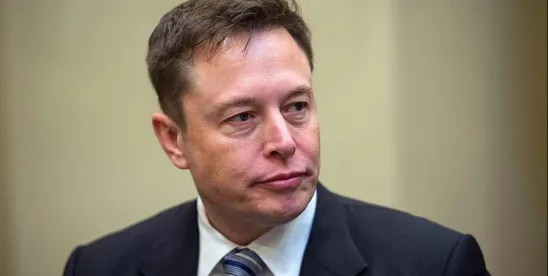After the premiere performance of Mozart's singspiel Entführung aus dem Serail (The Abduction from the Seraglio)in Vienna’s old Burgtheatert, Emperor Joseph II of Austria reportedly quipped "Too many notes, dear Mozart, too many notes". I can't say whether the Emperor actually said this (I wasn't there), but a similar thought crossed my mind while reading Chancellor Kathaleen St. J. McCormick's opinion in Tornetta v. Musk, 2024 WL 4930635 (Del. Ch. Dec. 2, 2024). According to my word count, her opinion weighs in at over 29,000 words, including 386 footnotes. As such, it would qualify as a novella length.
"Polonius: What do you read, my lord?
Hamlet: Words, Words, Words"
Of course, billions of dollars were at stake and more than a dozen law firms were involved in the case. These facts certainly militate in favor of a lengthy statement of decision. In my view, however, not all of the words were necessary and some were in fact unhelpful. For example, Chancellor McCormick wrote (footnotes omitted):
Less than an hour after the court issued the Post-Trial Opinion, Musk took aim at Delaware on social media. Seven hours after, Musk declared that Tesla would "move immediately to hold a shareholder vote to transfer state of incorporation to Texas".
She also remarks that "Musk effectively declared victory before the polls closed." However, Mr. Musk's tweets have no relevance to her analysis of the legal efficacy of the second stockholder vote. As such these statements should be regarded as dicta. After all, verbum sapienti satis est. Regrettably, the inclusion of these dicta creates an implication that the Chancellor's ruling was motivated by pique at Mr. Musk's comments and Telsa's subsequent reincorporation in Texas rather than the merits of case.



 />i
/>i
